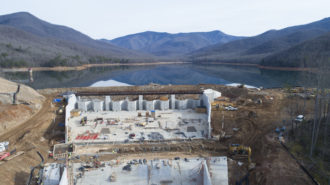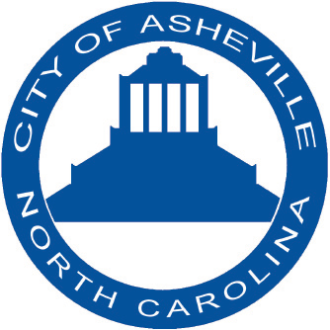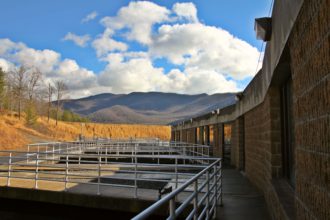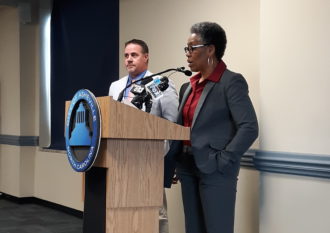“It is ridiculous that we all had to suffer because of their incompetence.”


“It is ridiculous that we all had to suffer because of their incompetence.”

“It’s unbelievable that the remedies recommended and accepted by the city are not given the highest priority!”

“It’s time for the city to consider the consequences of their decisions, check their priorities and do what’s right now.”

“Is there any chance that Asheville City Council could maybe find some way to give the lower- and middle-class seniors a break from at least this usually yearly water increase?”

“Now we lament with our brother and sister homeless friends downtown that Asheville has outgrown its kindness, its friendliness and toleration over the years.”

“I think tax dollars could be better spent on infrastructure — perhaps an upgraded water system?”

“Instead of wasting all that money to destroy Merrimon Avenue, why wasn’t it used to improve and fix the well-known antiquated water system that left so many people without water for extended periods over the holidays?”

“Time to put a hiatus on new buildings and structures and talk to experts on what the infrastructure can handle.”

The three-year construction project brings the North Fork Dam up to North Carolina state standards for safety and adds climate resilience to Asheville’s largest water source. The work marks the largest renovation of the dam and its accompanying North Fork Reservoir since the facility’s opening in 1955.

“This would be a huge asset to the people of the surrounding communities.”

During their meeting of Tuesday, March 10, Asheville City Council members will consider a $473,000 contract for emergency repairs at the North Fork Water Plant, the largest of the city’s three water treatment plants.

Last October, the N.C. Department of Environmental Quality placed stricter controls on what outside materials MSD could accept, thus barring the plant from taking Asheville’s treatment residuals. The city’s current plan is to landfill the sludge in Buncombe County and Concord, N.C. — at over 2 1/2 times the cost of its previous disposal arrangement.

Beyond the city’s loan of more than $48,000 for each of the 11 affordable units in West Asheville, which will be deferred for 30 years and accrue no interest, Homeward Bound is also seeking roughly $280,000 in commercial loans and has received $89,153 in federal HOME funding administered by the Asheville Regional Housing Consortium.

On the social media site Nextdoor, multiple residents say they haven’t received utility bills before getting the associated delinquent notice. The city, which has collected over $820,000 in late fees every fiscal year since at least 2015-16, says there are no plans to change billing systems or research improvements to the current approach.

Taken together, the adjustments on the docket would generate nearly $1 million in new annual revenue for water operations and capital improvements. In a staff report issued before the meeting, city CFO Barbara Whitehorn estimated the total annual impact of the changes as $6.60 per household.

“They are supposed to notify the customers to boil the water and then take a sample to make sure there is no bacteria present in the water and then they lift the boil water advisory,” Kimberly Barnett, the regional manager for Asheville at the state Department of Environmental Quality, told Carolina Public Press. The city of Asheville didn’t follow that process after widespread water outages on April 1.

Over the next few days, said Water Resources Director David Melton, customers may need to flush their water lines and hot water heaters to clear residual sediment. He said that city staff would work to make billing adjustments for customers who used additional water for this purpose.

“In scope, it compares with the ill-advised, Democratically led, but bipartisan-supported effort [circa 2005] to steal Asheville’s water system.”

ASHEVILLE, NC

ASHEVILLE, NC

ASHEVILLE